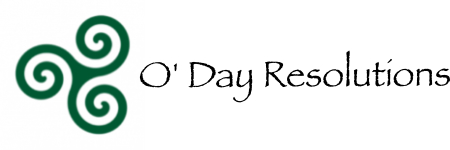
One of the most frustrating experiences I have as a mediator is when the final resolution of equitable distribution comes down to a disagreement about the value of a home or other real property. The reason this is so frustrating is that it is so simple to avoid. If you own real property, ensure that you have the information needed to substantiate your value before the mediation. The most authoritative basis would be an appraisal of the property. This can be done for a few hundred dollars and is well worth the investment. If the parties do not want to invest in this analysis, they may decide to obtain a comparative market analysis from a local real estate broker. This can be particularly helpful if the parties anticipate selling the home. Hopefully the parties can agree to the selection of a well respected professional, either appraiser or realtor, to conduct the review and use this number provided by an agreed upon neutral professional. If the parties cannot agree, then they can agree to each select one and then have them choose a third to use. Alternatively, each can have a professional for their own use during the mediation and then negotiate between the two numbers provided. Most importantly, if one party comes with a legitimate number from a professional and the other comes with nothing but their opinion, the second will be at a sever disadvantage in the negotiations. I would also remind you that this lack of information includes simply having an opinion from a website such as Zillow or Realtor. While these sites offer some insight, they are certainly not nearly as authoritative nor as complete as a comprehensive study from a professional.




